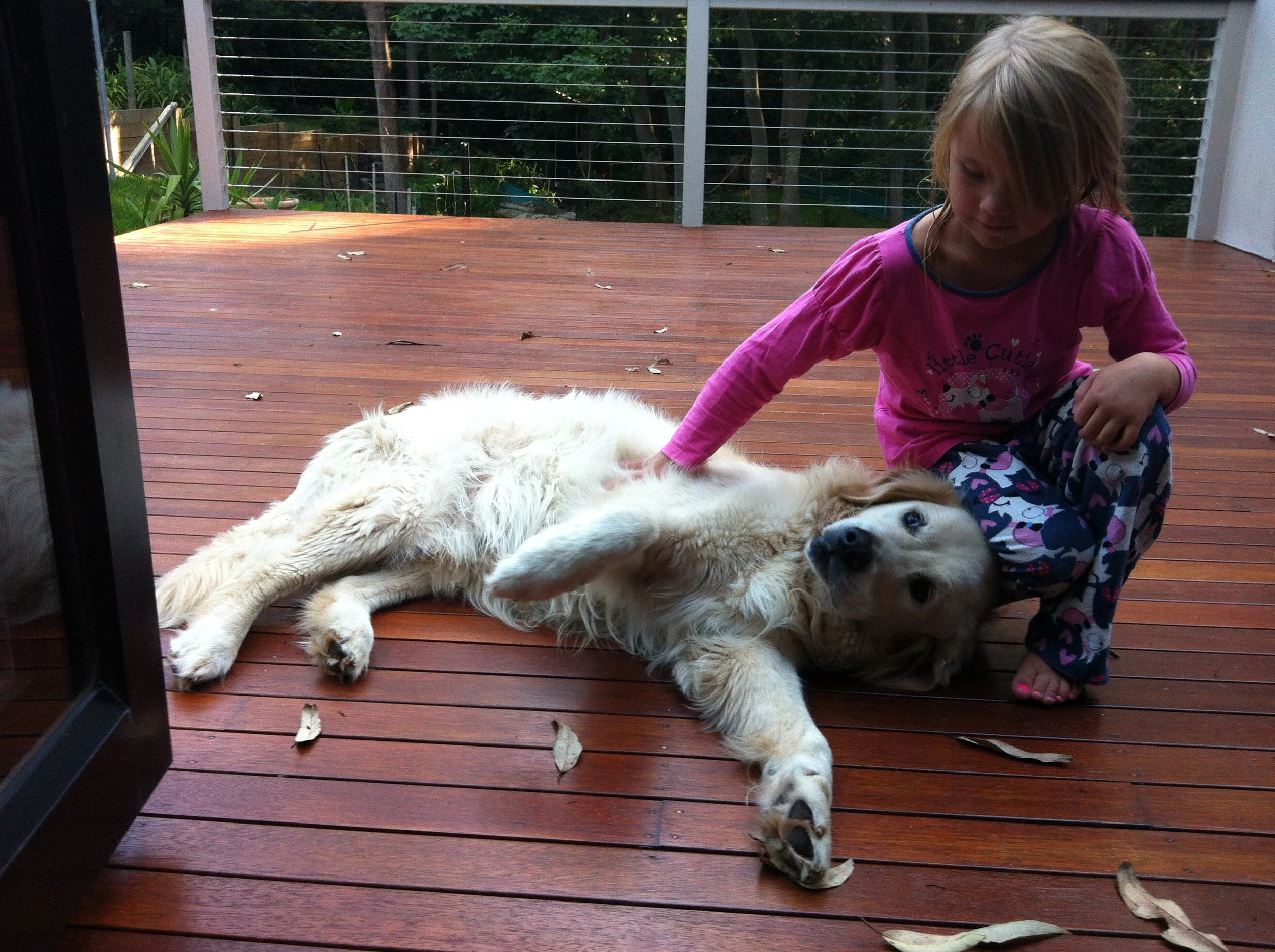Parenting
Raising happy and healthy children, confidence and high self-esteem, coping with changes, acceptance of differences, coping with bullies, dealing with difficult parent behaviours and mixed family hassles.
Family Breakdown
Adjusting to separated parents, increasing resilience during the transition, managing change, loss and separation, re-building relationships, dealing with problems as they arise, and minimizing stress on the children.
Anxious Kids
During normal development kids are exposed to situations that challenge their ability to cope. Problems that include anxiety are common when confronted with school, home and social changes that inevitably occur. Anxiety may be due to separation, school commencement, performance concerns such as public speaking and examinations, fears of injury, trauma and acute stress reactions, heights, insects and bullies.
Sleeping
The importance of sleep hygiene, what is normal sleep, dreams and nightmares, depression and early waking, relaxation techniques, and mindfulness, simplifying the bedroom, dealing with fears at night time. A Cognitive Behaviour Therapy - Insomnia model is used in this practice.
Sad Children
Low mood such as sadness, mood swings, lack of pleasure and enjoyment, risky behaviours and anger reactions.
Behaviour Problems
Explosiveness, rudeness, swearing, aggression, violence, arguments, hyperactivity, poor prosocial behaviours, conduct problems, controlling and manipulative behaviours, vindictive and spiteful actions, poor social interactions, poor sleep and diet hygiene, attention problems, and poor adaptive skills.
Complex and protracted behavioural problems usually require the development of a Positive Behaviour Support Plan (PBSP). Developing a PBSP and then treating complex and protracted problem behaviours usually exceeds the 10 sessions allowed under the Medicare system. PBSP are integral to the treatment of complex behaviours when working with NDIS funded participants. We have staff NDIS accredited specialist behaviour support practitioners to assist in the analysis, development and training.
Peer Problems
Social communications and social skills, Autism Spectrum and Social Communication disorders, gender pressures, group pressures, consumerism demands, body image, tolerance and adaptability.
Support for Mental Health Diagnoses
Parenting support, collaborative problem-solving, Autistic Spectrum Disorder support, mood and anxiety, learning difficulties, intellectual disabilities, illness, loss and grief, trauma exposure, abuse, alcohol and drugs dependencies, foetal alcohol syndrome.
Eating and Toileting
Managing fussy eaters, encouraging good dietary behaviours, encouraging healthy toileting, achieving peace and quiet at meal times, bath and shower time hassles.
